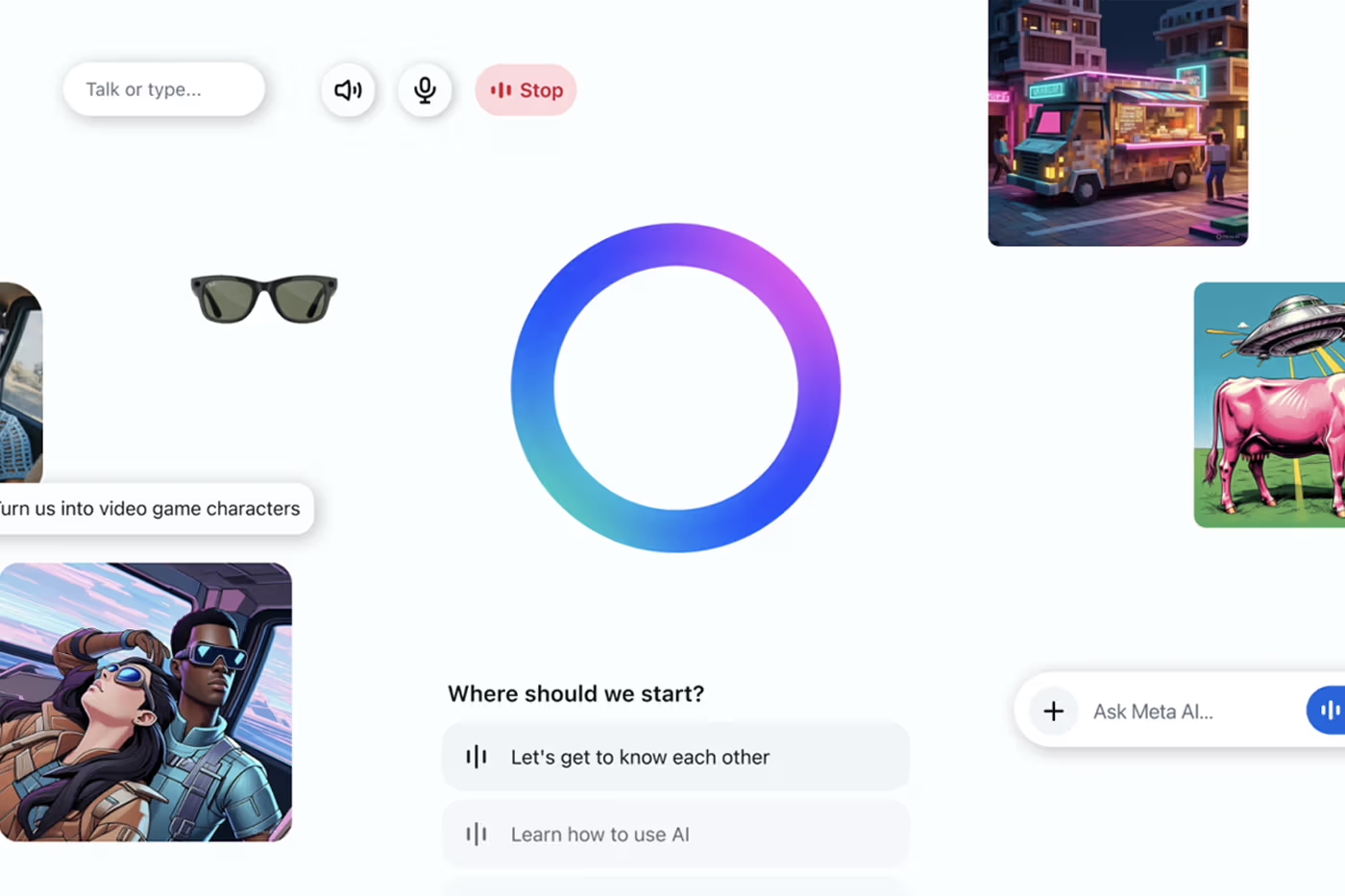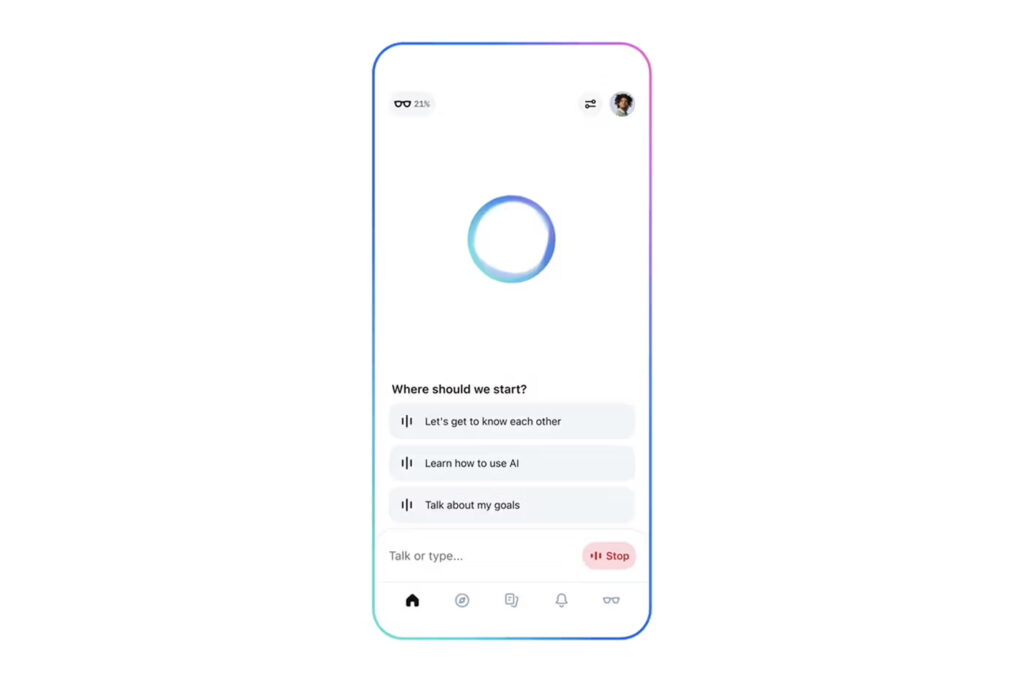
Meta Launches AI App to Rival ChatGPT, Powered by Llama 4

By Brian k. Neal
Meta has entered the competitive chatbot space with the official launch of its new Meta AI app, powered by the company’s Llama 4 large language model. Positioned as a direct competitor to OpenAI’s ChatGPT app, Meta’s offering introduces several standout features, including the Discover feed and full-duplex speech technology for natural voice interactions.
The release closely follows news that Meta will begin using public posts and comments shared by adult users on its platforms to train AI models in the European Union—a move that has sparked new discussions about data privacy.
At the core of the app is the Discover feed, a feature that brings a social dimension to AI by showcasing how friends and users across your network are engaging with Meta AI. Users can see prompts, questions, and generated content shared by others, effectively turning AI usage into a community experience.
“Meta AI is built to get to know you, so its answers are more helpful. It’s easy to talk to, so it’s more seamless and natural to interact with. It’s more social, so it can show you things from the people and places you care about,” the company said in an official release.
The app also boasts full-duplex speech—a voice mode that can be toggled on or off—which enables users to carry on fluid, natural conversations with Meta AI. The system is trained on interpersonal dialogue to deliver a more lifelike and responsive voice experience.
Meta AI isn’t just responsive; it’s also personalized. It can search the web to inform its answers, but more notably, it can draw on data from your activity across Meta platforms—like your profile, interests, and content engagement—if you’ve linked your Facebook and Instagram accounts via Meta’s Accounts Center.
This integration is part of Meta’s broader strategy to build an interoperable AI ecosystem. With Meta AI now embedded in Facebook, Instagram, WhatsApp, Meta’s smart glasses, and the standalone app, users can move seamlessly across platforms while maintaining a consistent, personalized AI experience.
Since ChatGPT’s public debut in 2022, OpenAI has dominated headlines and reshaped the tech landscape with its advanced generative AI capabilities. However, the rise of these tools has also raised concerns about intellectual property rights, model transparency, and user privacy. OpenAI, for example, has been scrutinized for how it trains models and generates visuals, while Meta’s use of public social data has prompted similar critiques.
What sets Meta apart is its unrivaled access to user behavior across some of the world’s most-used social networks—a treasure trove for tailoring AI interactions. Still, Meta emphasizes that users will retain control over what personal data the AI can access.
As the generative AI race intensifies, Meta’s latest move signals its ambition to become not just a participant, but a key player in shaping AI’s role in our daily digital lives.







